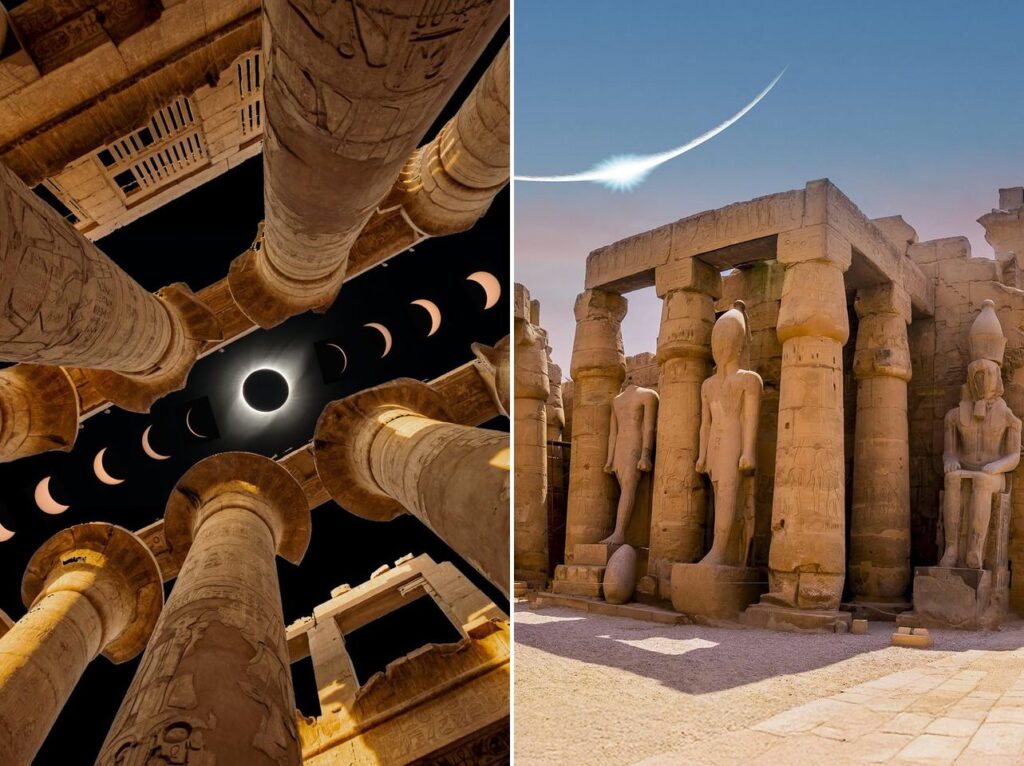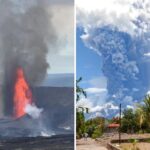Astrotourism: The Sky’s the Limit for Celestial Adventures

The Rise of Astrotourism
Astrotourism, or astronomy tourism, is experiencing a surge in popularity, particularly after the 2024 total solar eclipse that captivated audiences across North America. This niche form of tourism focuses on celestial events, offering travelers unique experiences centered around the wonders of the night sky. The recent eclipse has sparked a newfound interest in future solar eclipses, with travelers eager to witness these rare occurrences.
Eclipse Fever and Tour Operators’ Response
Following the 2024 eclipse, TravelQuest, a tour operator specializing in astronomy-themed tours, received around 1,000 inquiries almost immediately. According to Mark Dorsten, a spokesperson for TravelQuest, this interest is part of a broader fascination with understanding the cosmos. The company is now offering tours to Luxor, Egypt, for the August 2, 2027, eclipse, which promises the longest path of totality until 2114. With trips already sold out, TravelQuest is considering adding more tours to meet demand.
Sirius Travel, another operator, has also seen a significant increase in bookings for its 2027 eclipse tours to Egypt. Founder Victoria Sahami, an astronomer, noted that their trips are being booked years in advance. The company is also planning trips to Iceland, Spain, and Australia for upcoming eclipses. Beyond eclipses, Sirius Travel offers an archaeo-astronomy tour in Scotland, exploring the astronomical significance of the country’s standing stones.
Beyond Eclipses: The Allure of the Northern Lights
While solar eclipses are a major draw, the northern lights, or aurora borealis, remain a popular attraction for astrotourists. The northern lights tourism sector was valued at $834.5 million in 2023, and the upcoming solar maximum is expected to enhance the visibility of these dazzling displays. John Hall’s Alaska has been leading tours to view the northern lights for over a decade, ensuring that travelers witness this natural phenomenon at least once during their trip.
Accommodations and Economic Impact
Astrotourism is not limited to tour operators; hotels and outdoor accommodations are also capitalizing on this trend. The Kakslauttanen Arctic Resort in Finland offers glass igloos for guests to enjoy the aurora, while DarkSky International promotes stargazing-friendly lodgings. In the U.S., dark-sky tourism is a significant economic driver, with visitors to the Colorado Plateau expected to spend $5.8 billion by 2029.
As interest in celestial events continues to grow, astrotourism is poised to become an enduring trend, offering travelers the chance to connect with the universe in new and exciting ways.









